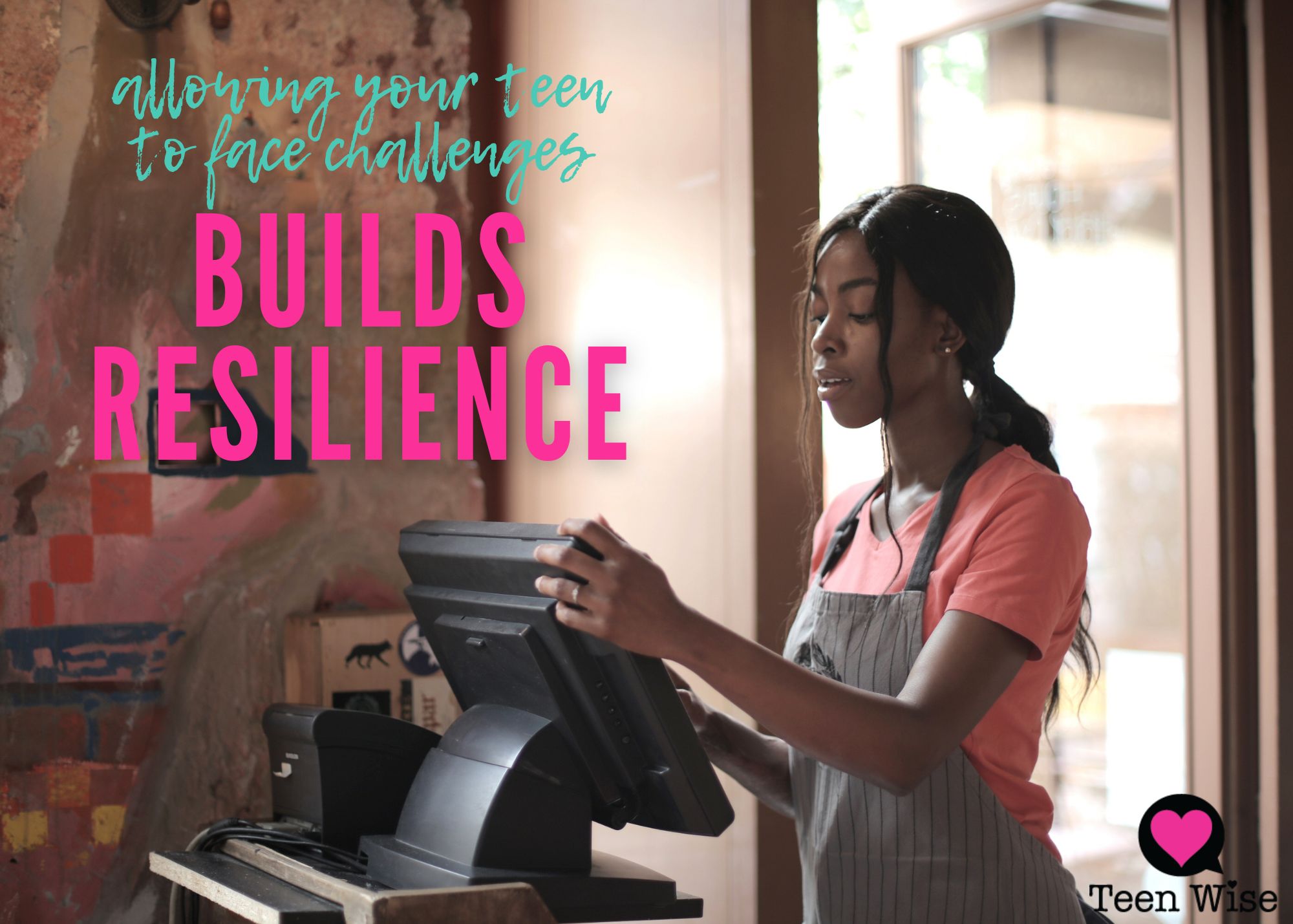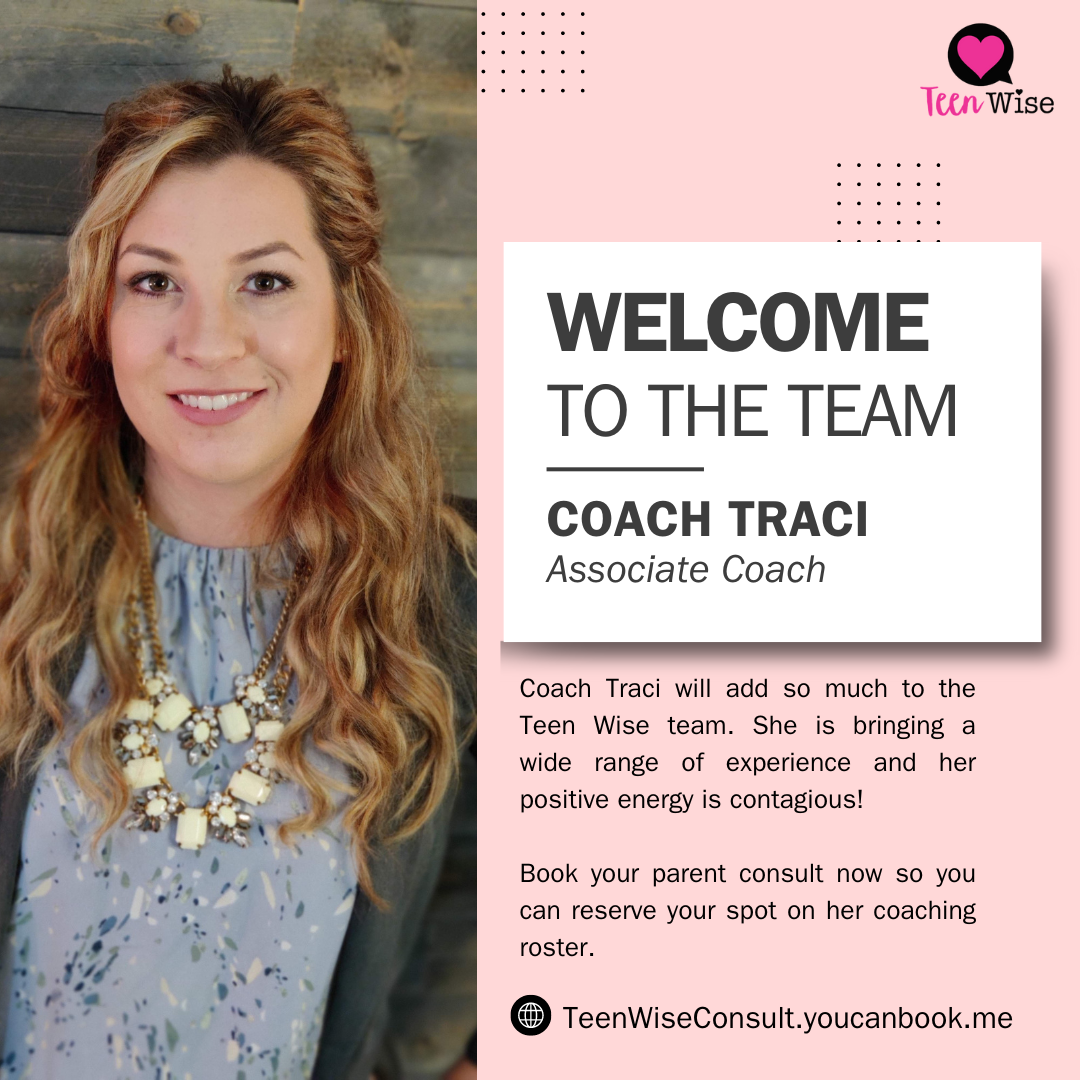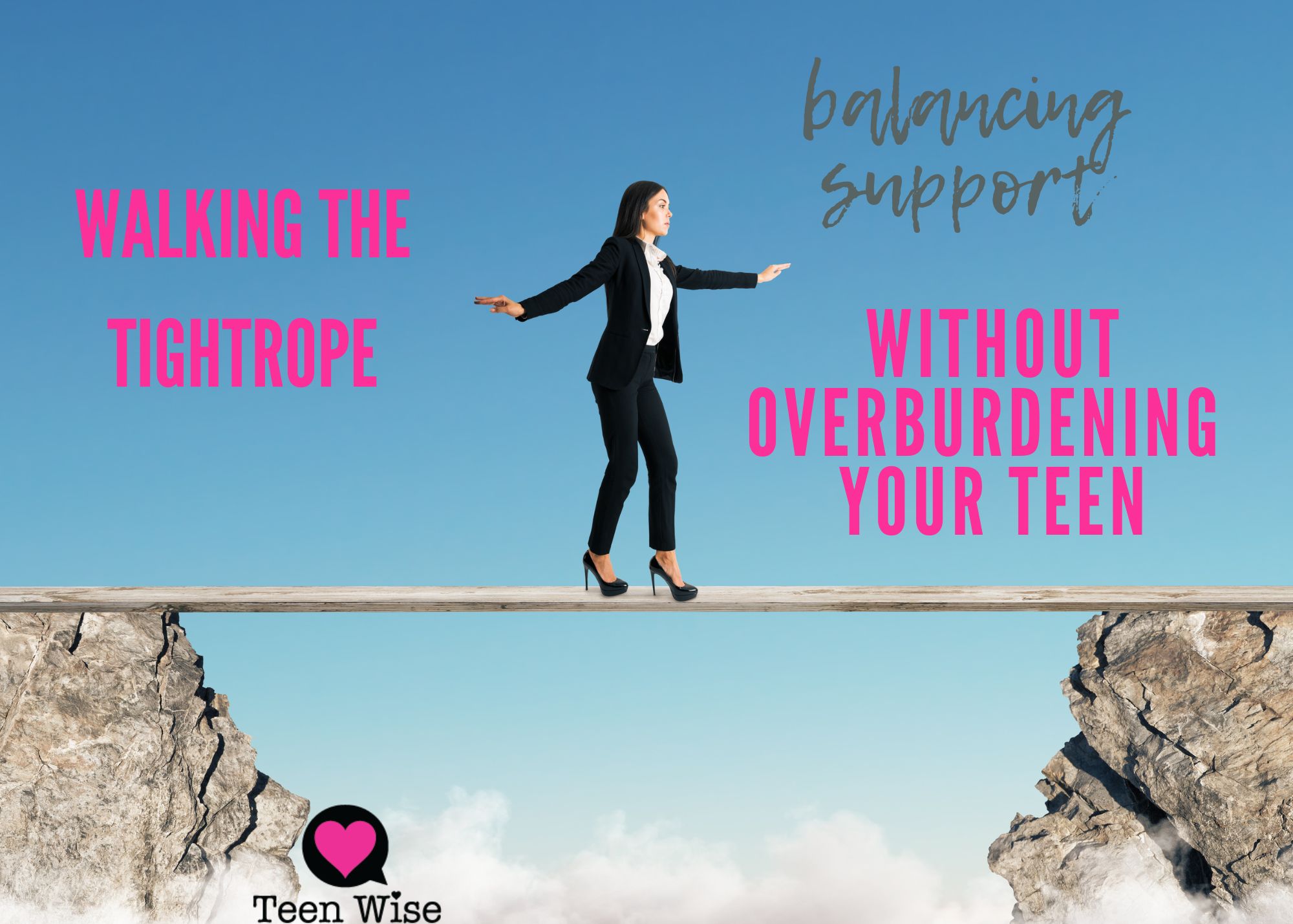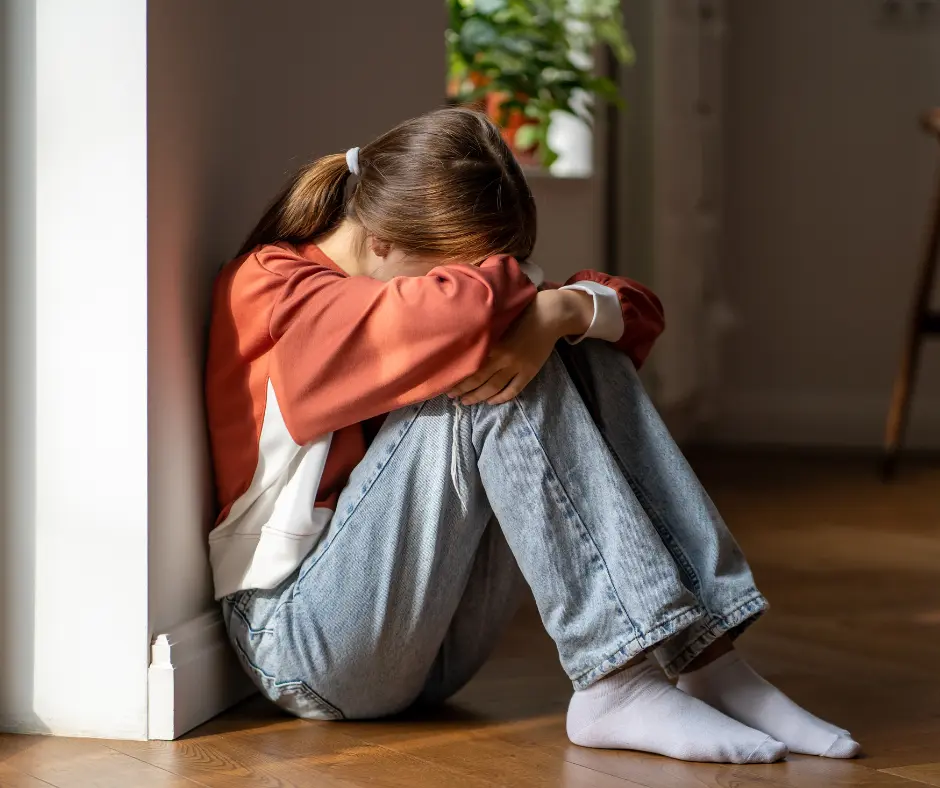BLORFT: completely overwhelmed but proceeding as if everything is fine and reacting to the stress with the torpor of a possum
-Tiny Fey, Bossypants
When my daughter was in 7th grade, she worked for 3 days coloring and coding a map for history. A friend asked her to borrow it so she could copy it. My daughter said no.
Well, her friend took it anyway, and then lost it in the cafeteria. When my daughter went to to turn it in, she couldn’t find it. She was frantic. That’s when someone told her what happened. And guess what?!? My daughter fainted!! She fell down and hit her head on the floor. An ambulance rushed to the school, and she had a concussion. All over a History assignment!
STRESS IS DIFFERENT FOR EVERYONE SO IS DIFFICULT TO DEFINE.
What stresses out one person may not stress out another. Not every kid would have fainted in this situation. My daughter just happened to have an extreme stress reaction on this particular day.
STRESS CAN BE A GOOD THING.
Everyone has stress both good and bad. Our bodies are built to deal with short-term stress. And, in fact, without stress, our lives are pretty mundane and boring, right?
OUR GOOD STRESS IS EUSTRESS.
Have you ever been to Disneyland? That’s eustress. Navigating the parking lot, the rides, and seeing the parade all invoke a tad bit of stress. And think about those crazy roller coasters going 60 miles an hour in a loopy loop! But overall it’s a great experience that keeps you wanting to come back for more.
THEN THERE’S TOLERABLE STRESS.
It isn’t always a choice, there may not be a fun component, but it isn’t constant. We have time to recover. One example is if a teen’s parents have a fight. When they are fighting it may be stressful, but if it doesn’t happen all of the time, and the teen has time away from the home, it becomes tolerable.
AND THEN THERE’S THE WORSE KIND OF STRESS…CHRONIC STRESS.
This is stress that is long-term, constant, no control over the situation, and no time to recover. We want the good stress. What we don’t want is the bad stress for an extended period of time. And what type of stress do our teens typically experience? You guessed it. Chronic.
STRESS IS THE #1 PROXY KILLER ACCORDING TO THE AMA.
You might not see it listed as the cause of death on the death certificate, but stress was a mitigating factor in the person’s ultimate demise. Heart attacks, high cholesterol, elevated blood pressure, obesity, and so many more issues can have an onset due to chronic stress. Our bodies are not meant to be in a constant state of heightened alert.
CHRONIC STRESS SHRINKS PART OF THE BRAIN.
Chronic stress is not good for anyone, but for a developing body it has long-term consequences. It reduces the size of the hippocampus which is where we learn and store memories. It allows us to have successful human interactions. During times of high stress, the regulation of our synapses is impaired which impairs the formation of new brain connections and reduces functioning speed. Chronic stress does increase one part of the brain, though- the amygdala. This is the part that regulates emotions. But bigger isn’t better. In this case, an enlarged and overactive amygdala can put a teen in a constant state of fear and anxiety. And that state interferes with the ability to learn and think logically.
SO WHAT CAN WE DO ABOUT IT?
YOU CAN HELP YOUR TEEN MITIGATE STRESS AND TEACH THEM HOW TO COPE.
You can’t take away all of the stressors in our teen’s life, but you can be mindful that you aren’t adding to their stress. You can help them to be aware of signs and symptoms of stress and encourage them to practice self-care. You can make your home a refuge from stress rather than a contributor to it.
AND THE BEST THING TO DO IS TO ROLE MODEL HOW TO DEAL WITH STRESS.
Make sure that you are taking care of yourself during these trying times because your teen is watching you.
YOU GOT THIS!
With Heart,
Coach Sheri
P.S. If you would like to learn more about stress in teens, you can watch THIS presentation on TAMING TEEN STRESS.
Get the latest updates on our Facebook Community, Click HERE to Join.







